1 March 2025
When you think of music education, you probably imagine students learning how to play instruments, read sheet music, or maybe even sing in a choir. But did you know that the benefits of music education extend far beyond the classroom? It’s not just about hitting the right notes or learning to appreciate Beethoven. Music education touches on areas of personal growth, cognitive development, and emotional well-being in ways that might surprise you.
In this article, we’ll explore the many ways music education positively impacts students—both inside and outside the classroom. Whether you're a parent considering enrolling your child in music lessons or an educator wondering if it’s worth adding more music programs to the curriculum, this post will help you understand the far-reaching benefits.

1. Enhances Cognitive Development
Music and the Brain
First off, let’s talk about the brain. Music education has been shown to significantly enhance cognitive abilities. But how? When you learn to play an instrument or even just listen to complex musical compositions, multiple areas of your brain light up. Think of your brain like a muscle—music is its workout.Research has shown that students who engage in music education have better memory, attention, and problem-solving skills. It’s like giving your brain a Swiss Army knife; it suddenly becomes much more versatile and efficient at handling different tasks.
Boosting Academic Performance
You might also be wondering how strumming a guitar could possibly help you ace your math test. Well, there’s a strong connection between music education and improved academic performance. Music involves recognizing patterns, understanding fractions, and even spatial reasoning—all of which are crucial skills in subjects like math and science. Students with a background in music tend to outperform their peers in these areas.So, if you’re someone who believes music education is just a “fun” subject, think again! It’s more like a secret weapon for academic success.
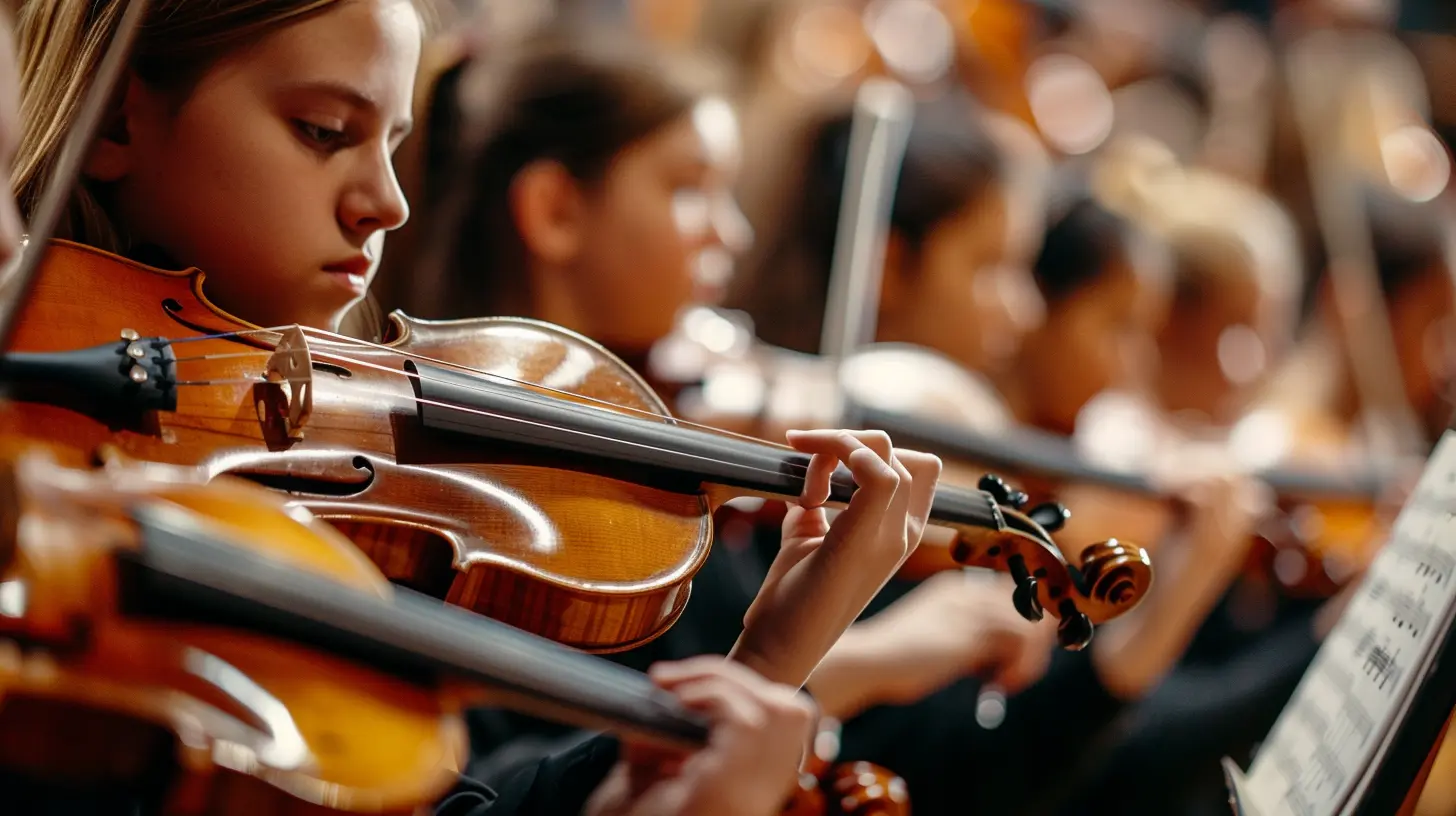
2. Fosters Emotional Intelligence
The Emotional Power of Music
Ever noticed how a particular song can make you feel happy, sad, or even nostalgic? Music has a direct line to our emotions, and learning to create music allows students to tap into their emotional intelligence. They not only become more aware of their own feelings but also develop the ability to understand and empathize with the emotions of others.Think of music as a mirror for the soul. Just as you can see your reflection in a mirror, music helps you reflect on your emotional state. This can be especially beneficial for kids and teens who are still learning to navigate their emotional landscapes.
Building Resilience
Playing an instrument or learning to sing is not an easy task—it requires patience, discipline, and the ability to bounce back from failure. Imagine trying to master a difficult piano piece. You’ll hit plenty of wrong notes before you finally get it right. This process teaches students an incredibly valuable life skill: resilience.In the face of challenges, music education encourages perseverance. It’s a reminder that failure isn’t the end, but rather a stepping stone toward growth.

3. Encourages Social Skills and Teamwork
Making Music Together
Music is often a collaborative effort. Whether it's performing in a school band, orchestra, or choir, students quickly learn the value of teamwork. You can’t have a harmonious performance if everyone is playing at their own tempo or focusing only on their instrument. It’s a group effort, and success comes from working together.Being part of a musical ensemble teaches students how to listen, cooperate, and communicate effectively with others. It’s not just about you; it’s about the team. This sense of collaboration is a skill that will serve students well in any future career or group setting.
Building Friendships Through Music
On a more personal level, music education provides a great avenue for building friendships. There’s something about creating music together that forges strong bonds between people. Whether it’s the inside jokes that develop during rehearsal or the shared sense of accomplishment after a successful performance, music often brings people closer.For students who may be shy or struggle with social interactions, participating in a musical group can offer a safe, structured environment to make friends and build confidence.
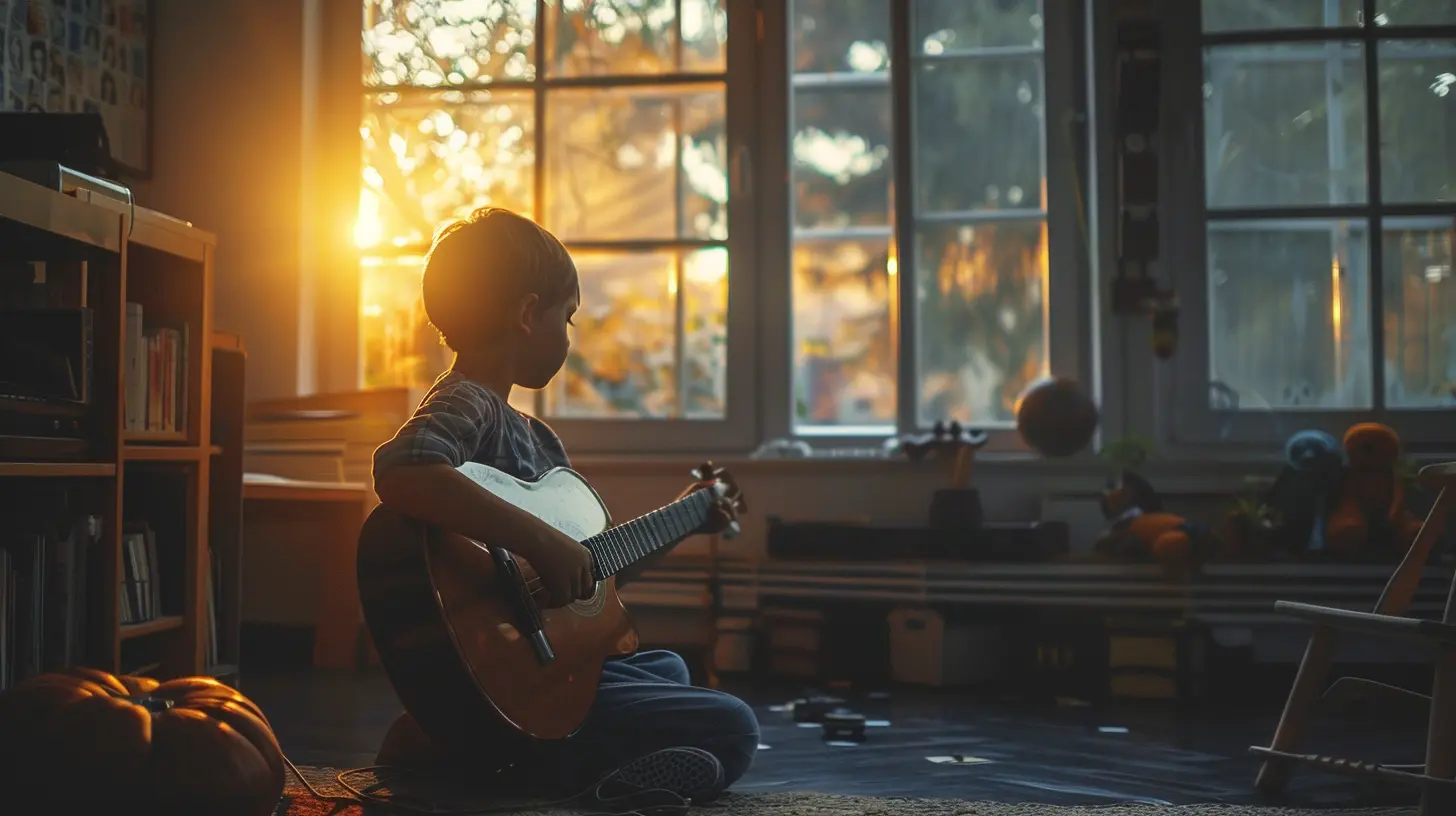
4. Develops Discipline and Time Management
Practice Makes Perfect
Learning an instrument or perfecting your vocal skills requires hours of practice. It’s not something you can master overnight. Music education instills a strong sense of discipline in students. They quickly realize that if they want to improve, they need to put in the time and effort.This lesson in discipline extends far beyond music. Students who learn the value of consistent practice are more likely to apply that same mindset to other areas of their life, whether it’s studying for exams, training for sports, or pursuing hobbies.
Balancing Act
Juggling school, extracurricular activities, and music lessons can be a challenging task. However, this is where students learn essential time management skills. Music education forces them to prioritize, set goals, and manage their time wisely. These are crucial life skills that will benefit them long after they’ve finished their music education.5. Boosts Confidence and Self-Esteem
The Power of Performance
There’s nothing quite like the feeling of standing in front of an audience and performing a piece of music. It’s both exhilarating and nerve-wracking. But after that final note, hearing the applause is a huge confidence boost. Performing teaches students to overcome stage fright, manage their nerves, and believe in their abilities.With every successful performance, students’ confidence grows. They start to see themselves as capable and talented individuals, which significantly boosts their self-esteem.
Overcoming Challenges
Learning music isn’t easy. There will be times when students feel frustrated or think they’ll never get that tricky passage right. But when they finally overcome those challenges, the sense of accomplishment is immense. The act of overcoming difficulties and pushing through tough moments reinforces a “can-do” attitude that can be applied to all areas of life.6. Provides a Creative Outlet
Express Yourself
We all need a way to express ourselves, and for many students, music provides a much-needed creative outlet. Whether through composing, improvising, or interpreting a piece of music in their own unique way, students use music as a form of self-expression.Unlike other areas of education that might be more rigid, music allows for a level of freedom and creativity. It’s a space where students can explore their identity, express their emotions, and think outside the box.
Stress Relief
Let’s face it—life can be stressful, especially for students juggling schoolwork, extracurricular activities, and social pressures. Music offers a way to decompress. Whether it’s playing a soothing melody on the piano or belting out a favorite song, music can be a great way to relieve stress and improve mental health.7. Cultivates Cultural Awareness and Appreciation
A Global Language
Music is often referred to as a "universal language." It transcends borders, cultures, and languages. Through music education, students are exposed to a wide variety of musical traditions from around the world. This exposure fosters cultural awareness and helps students develop an appreciation for diversity.For instance, learning about African drumming, Indian classical music, or Latin American rhythms opens students' eyes to the rich tapestry of global cultures. It’s like taking a world tour without ever leaving the classroom.
Connecting the Past and Present
Music education also provides a link to the past. Students might learn about historical figures like Mozart, Bach, or Ellington, and in doing so, they gain a deeper understanding of history and the societal context in which these composers lived. This connection between music and history helps students appreciate the evolution of human expression and creativity.Conclusion: Music Education is More Than Just Music
At first glance, music education might seem like just another subject in school, but as we’ve explored, it’s so much more than that. It enhances cognitive development, fosters emotional intelligence, encourages teamwork, and builds discipline—all while giving students a creative outlet. It’s a holistic approach to education that prepares students for life beyond the classroom walls.So, the next time someone says music education is just for fun, remind them of the numerous benefits that extend far beyond learning notes and chords. In reality, music education is helping to shape well-rounded, resilient, and capable individuals who are better equipped to succeed in every aspect of life.




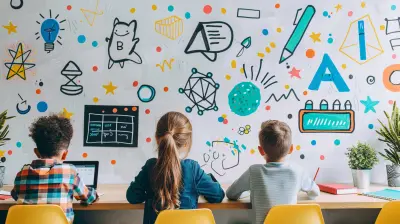


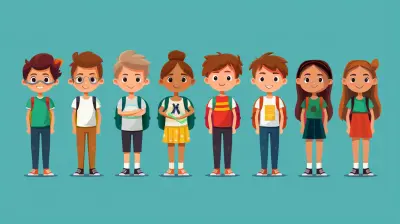
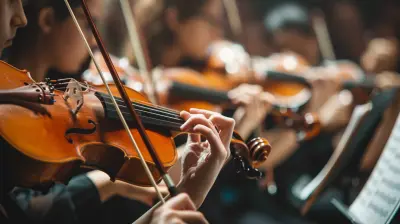
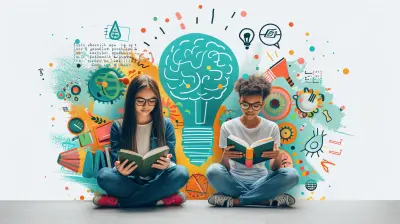


Theodora Alexander
Unlock hidden potentials; music education whispers secrets that transform lives beyond learning.
March 25, 2025 at 11:28 AM